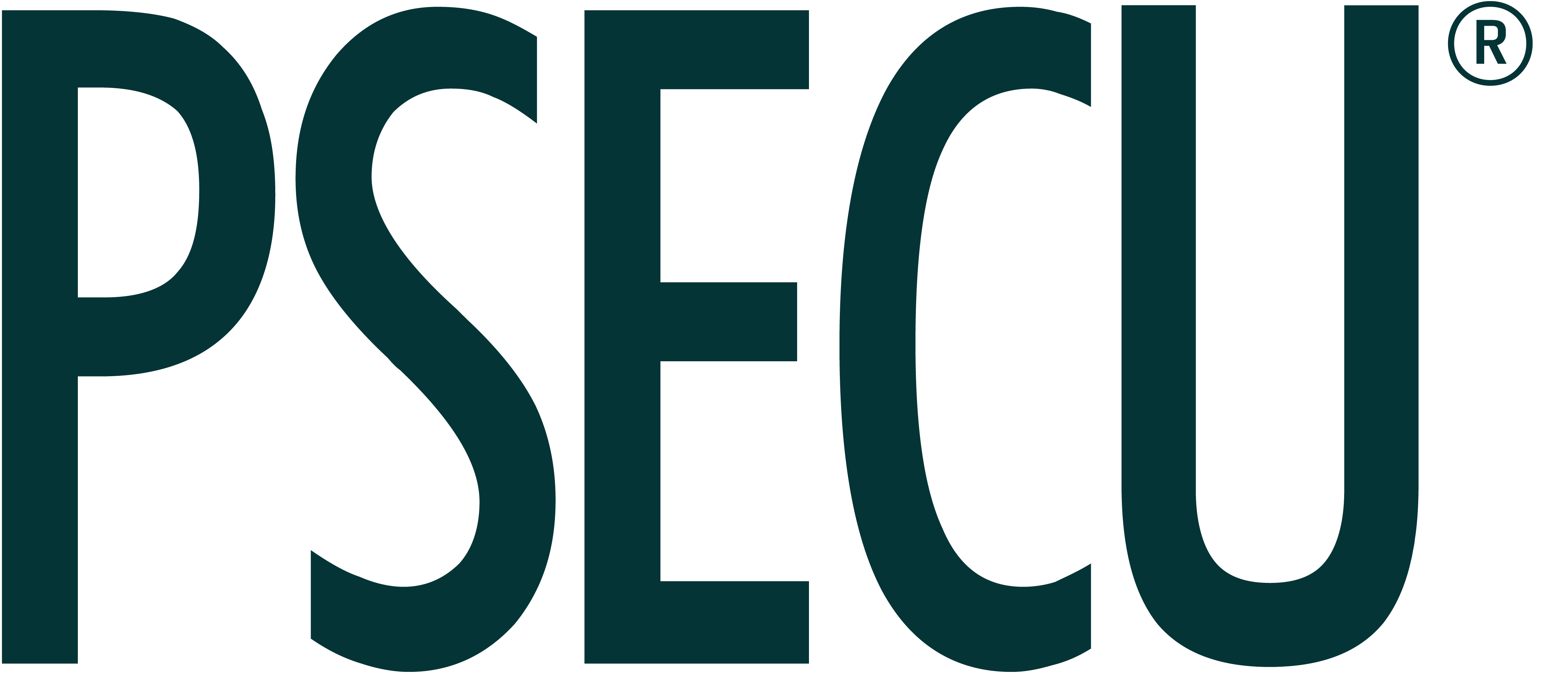Whether you’re saving to buy your dream home or you’re investing in your child’s future, saving money each month is a smart financial decision. But where should you put your savings to get the best return?
Some prefer to invest their savings in a credit union certificate, which is the equivalent of a Certificate of Deposit (CD). Opening a certificate is an easy and safe way to save money, often allowing you to get a better return on your investment than you’d receive through a savings share or account.
If you’re wondering if a certificate is a good option for your situation, read on to learn more about certificates, types of CDs offered by other financial institutions, and what you may want to consider before making this type of investment.
How Does a Certificate Work?
A certificate is a low-risk savings option to invest your money in. Certificates hold your savings for a predetermined amount of time — anywhere from a few months to several years — while they accumulate dividends. The money typically must stay in the share until the maturity date to avoid an early withdrawal penalty.
Because a certificate is a type of savings share, the two function somewhat similarly. Like a savings share, you can put funds you won’t need immediate access to into the certificate and watch your balance grow over time. However, you’ll also find several differences between certificates and traditional savings shares. Certificates offer a higher yield and usually require a higher minimum deposit — at PSECU, for example, you would need a minimum deposit of $500 to open a certificate.
How Safe Are Certificates and CDs?
Many investors consider certificates and CDs to be one of the safest investment options. Certificates provided by credit unions, like PSECU, are insured up to $250,000* by the National Credit Union Administration (NCUA).
Certificates and CDs — like any investment option — come with both benefits and risks. Be sure to do your research and carefully choose a product that best meets your needs and expectations. Also review any agreements and disclosures; these contain important information, such as the fund’s maturity date, whether the rate is variable or fixed, how often you’ll receive dividends or interest, and what penalties will occur if you withdraw your funds prematurely, to determine whether a certificate or CD is a safe and beneficial option for your situation.
What Should You Consider Before Opening a Certificate or CD?
Because certificates and CDs usually can’t be accessed early without a penalty, the best candidates for these products are usually those whose primary goal is to preserve their capital with no investment risk.
Those who open certificates or CDs typically have a use in mind that matches the CD’s maturity date. For example, a long-term CD might help you increase the yield of your child’s future college fund, while a short-term CD can be ideal if you’ll need your money within the next year.
You may also benefit most from a certificate or CD if you can lock in a rate of return that’s higher than inflation. Otherwise, you risk inflation growing faster than your money and lowering your overall profit.
Reach Your Financial Goals with a Certificate from PSECU
If you think a certificate is the best choice for your financial situation, we can help you make the most of your investment. With a certificate from PSECU, you can enjoy many benefits, such as:
- Choosing from flexible terms (length of time your money stays in the CD).
- Earning dividends with a guaranteed rate of return.
- Fee-free certificates — we don’t charge any monthly maintenance fees for your investment.
Ready to get started? Open your certificate today.
*All PSECU deposit shares, including checking, Regular, additional savings, money market and certificates, are federally insured by the National Credit Union Administration (NCUA) up to $250,000, the maximum allowed by law. In addition to the $250,000 of insurance provided on an individual account or combination of individual accounts, you are also insured up to $250,000 for any combination of accounts you may hold jointly with other individuals.
The content provided in this publication is for informational purposes only. Nothing stated is to be construed as financial or legal advice. Some products not offered by PSECU. PSECU does not endorse any third parties, including, but not limited to, referenced individuals, companies, organizations, products, blogs, or websites. PSECU does not warrant any advice provided by third parties. PSECU does not guarantee the accuracy or completeness of the information provided by third parties. PSECU recommends that you seek the advice of a qualified financial, tax, legal, or other professional if you have questions.
